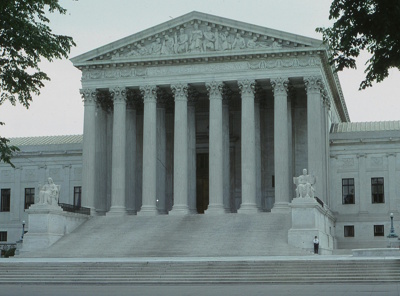
Editors note: the guest article appearing here does not necessarily reflect the views of Bible Rebel editors or other guest authors and contributors. Bible Rebel seeks to present a wide range of ideas and viewpoints in order to fulfill our mission to provide resources for “Curious Fearless Faith”. This is Part 2 in a new series on prayer called ‘Why Must We Pray, Anyway’ by Steve Sann.
Why Must We Pray, Anyway: Part 1
E.M. Bounds further correlated: “If prayer puts God to work on earth, then, by the same token, prayerlessness rules God out of the world’s affairs, and prevents him from working.” Truth be told, God is regulated by the same laws of justice that He incorporated in all His creation. He cannot just interrupt the continuum, violate personal property rights, suppress dissent, and generally force His will on the lives of others. In contrast, Satan and the governments of men overstep these boundaries with reckless abandon. Nonetheless, God is constrained by the rule of law: to God, what is His property is His, and that which is Satan’s is Satan’s.
John Wesley, the founder of the Methodist Church, observed in his day: “It seems God is limited by our prayer life – that He can do nothing for humanity unless someone asks Him.” He went on to say: “God does nothing but in answer to prayer.”
But how could that be?
The ugly facts are these: Adam legally transferred to Satan the authority and rulership of this world by heeding Satan’s words and rejecting God’s command in the garden. With that transaction, God’s liberty to direct the affairs of this world became restricted. At that time, the day-to-day administration of the material realm passed from man to Satan, limiting the scope of God’s involvement. Satan was instated as “the god of this world” (2 Corinthians 4:4), with mankind subjected unto him.
Satan is now the god of this world! Clearly, ”The earth is the Lord’s, and the fullness thereof” (Psalms 24:1), but God leased out the property management to man—who summarily legally transferred that lease to Satan. Christ terminated that lease for we who believe, and the eviction notice has been sent. The sheriff will soon be arriving (1 Corinthians 15:24). Yet, now, with God’s sovereignty temporarily impaired and man ensnared in Satan’s world, man became alienated from God.
Because many do not understand this, they are forever making excuses for why God does not save the suffering children, stop the hate and war, cure the world’s diseases, and generally make all of us wealthy! These matters are now left up to the faith and labor of the individual person.





